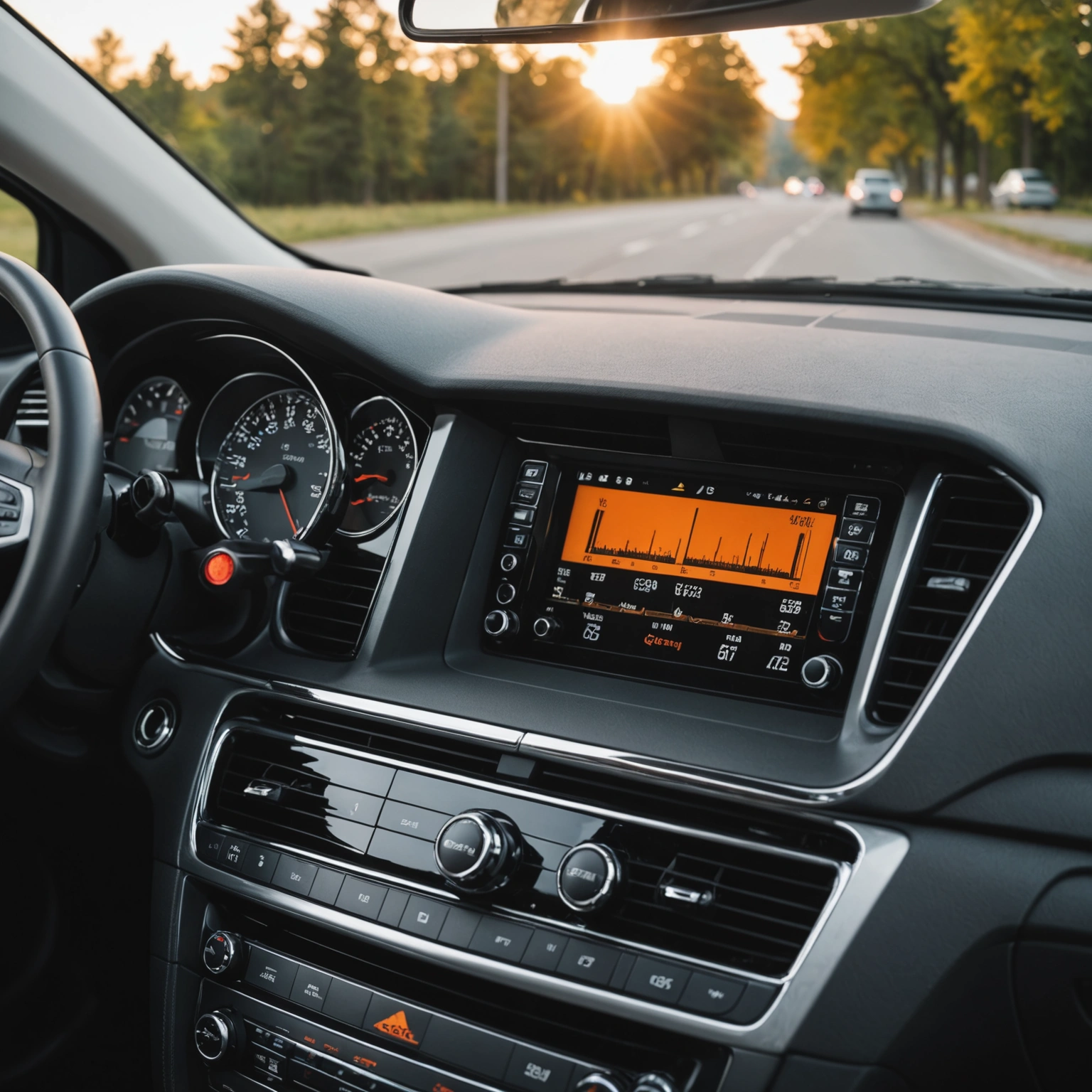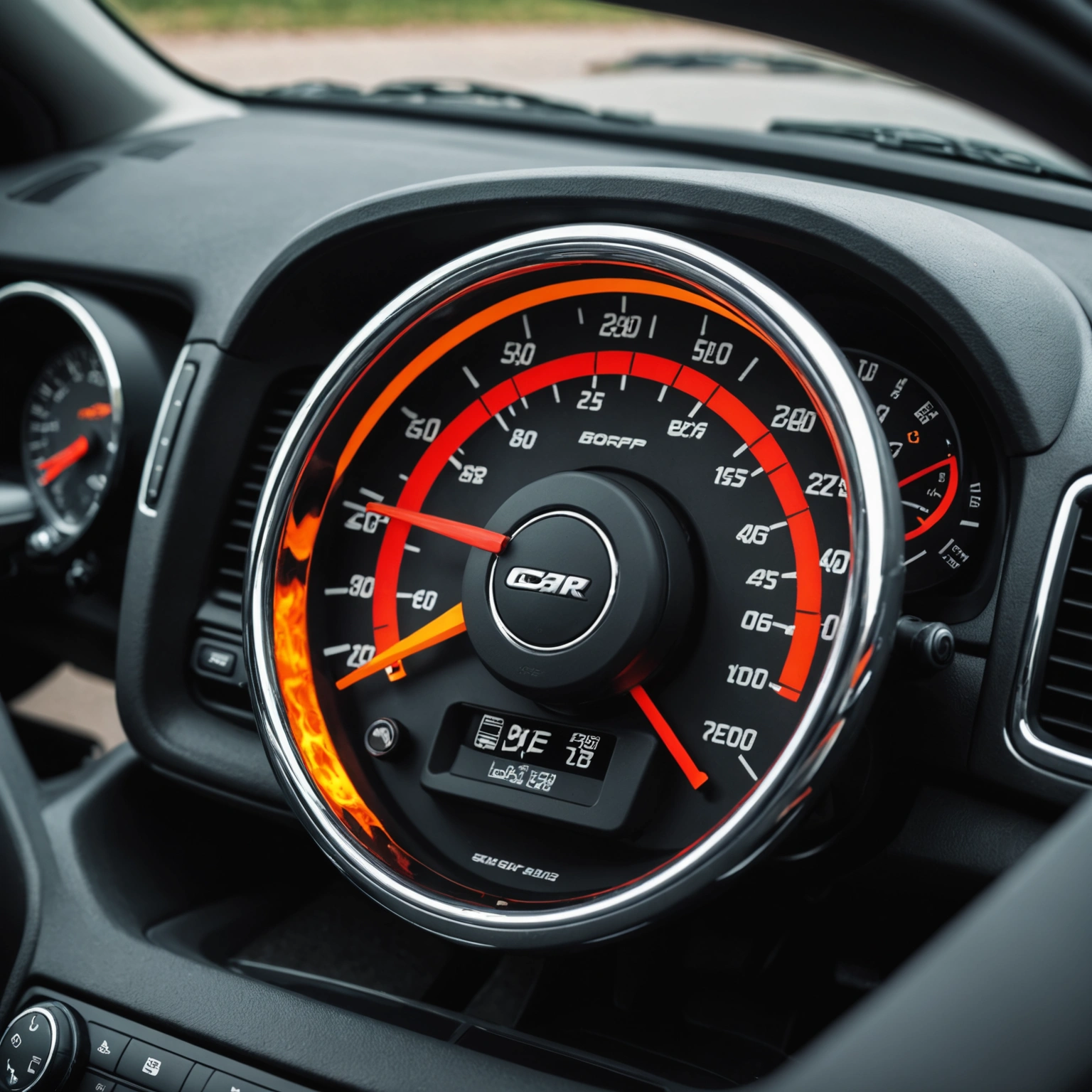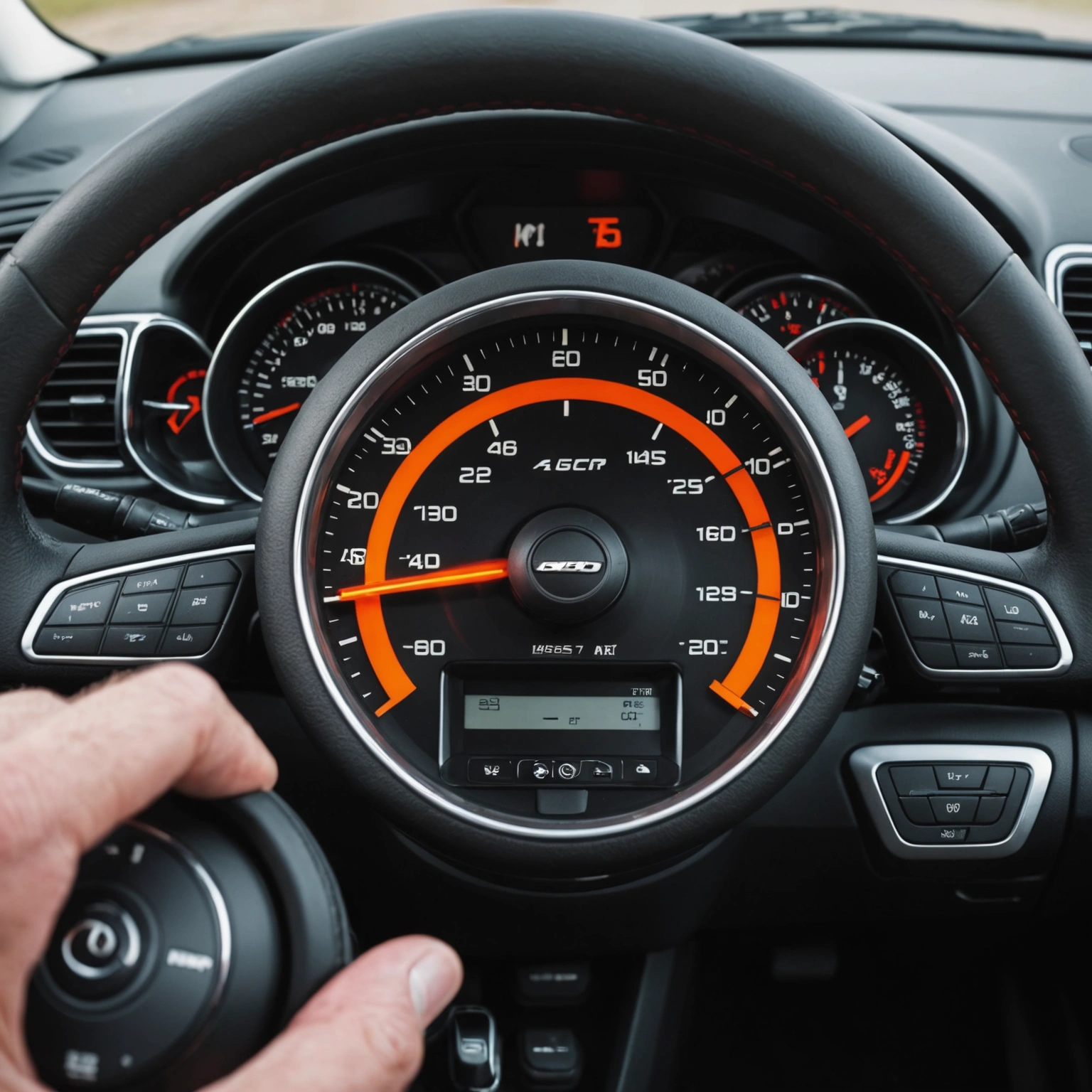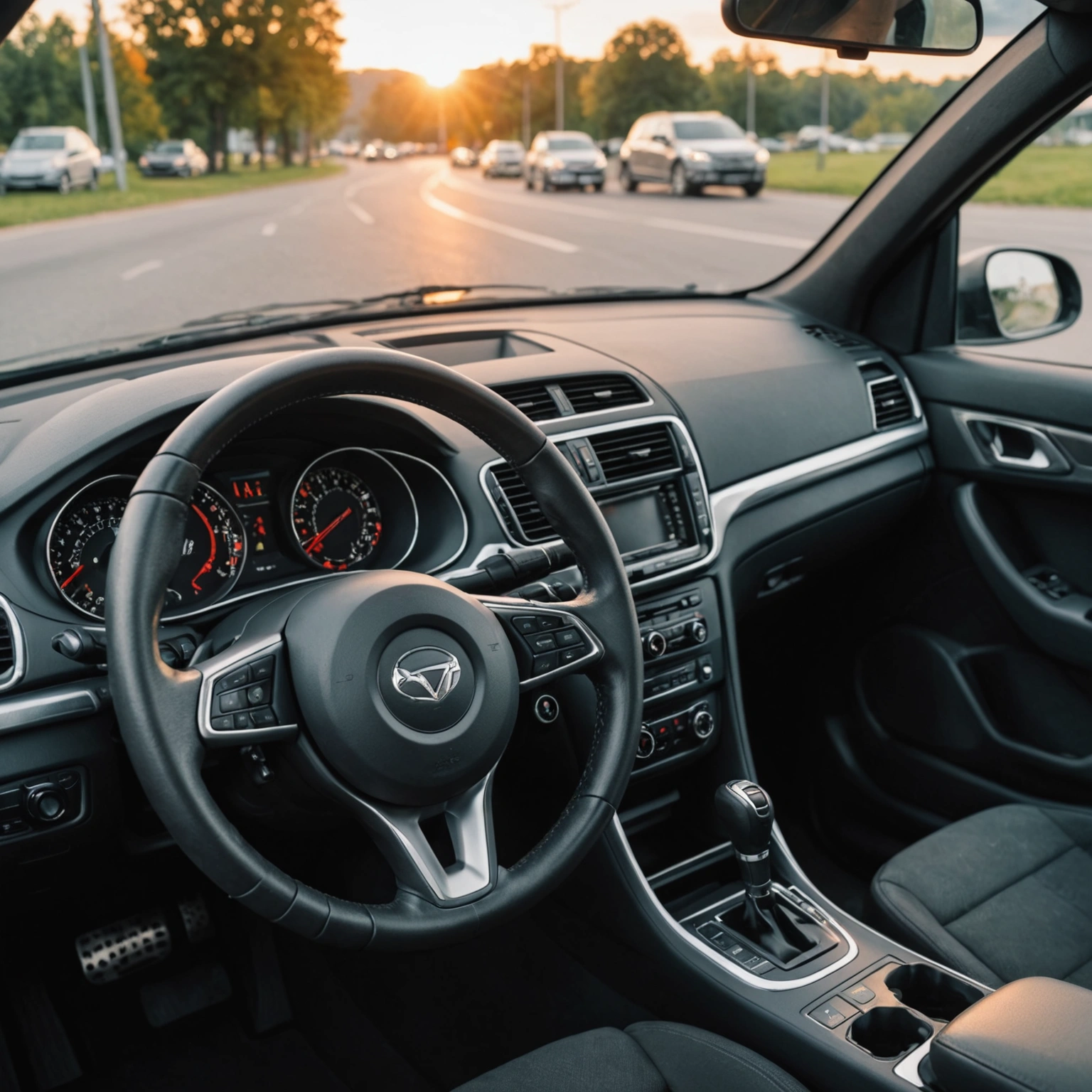**Why Does My Car Heat Up When I Stop? Understanding the Causes and Solutions**
If you’ve noticed your vehicle’s temperature gauge creeping up or the engine feeling hotter than usual when you come to a stop, you’re not alone. This common issue can be caused by several factors related to your car’s cooling system, engine operation, or other components. Understanding why your car heats up when idle can help you diagnose the problem early and prevent costly repairs. Here’s what you need to know.

### Common Causes of Engine Overheating When Stopped
#### 1. **Cooling System Issues**

Your car’s cooling system is designed to keep the engine at an optimal temperature. Problems here are the most common reasons for overheating at idle:
– **Low Coolant Level:** Insufficient coolant reduces the system’s ability to absorb and dissipate heat.

– **Failed Thermostat:** If the thermostat is stuck closed, coolant can’t circulate properly, causing the engine to heat up.
– **Radiator Problems:** A clogged or damaged radiator impairs heat exchange, leading to higher engine temperatures.

– **Water Pump Failure:** A malfunctioning water pump can’t circulate coolant effectively, causing hotspots.
#### 2. **Cooling Fan Malfunction**
The electric or mechanical cooling fan helps dissipate heat from the radiator, especially when stationary or at low speeds:
– **Fan Not Engaging:** A faulty fan relay, motor, or sensor can prevent the fan from turning on.
– **Broken Fan Blades or Wiring:** Damage to the fan assembly or wiring issues can reduce cooling efficiency.
#### 3. **Airflow Obstructions**
Blocked or restricted airflow around the radiator or front grille reduces cooling efficiency:
– **Debris or Dirt:** Accumulated dirt, leaves, or bugs clog the radiator fins.
– **Damaged Shrouds or Guards:** These components direct airflow and, if damaged, can impair cooling.
#### 4. **Engine Oil Problems**
Engine oil lubricates and helps dissipate heat:
– **Low or Old Oil:** Insufficient or degraded oil can reduce cooling efficiency and increase engine temperature.
#### 5. **Other Mechanical or Sensor Issues**
– **Cooling System Leaks:** Leaks reduce coolant levels, impairing heat transfer.
– **Temperature Sensor Malfunction:** Faulty sensors can give inaccurate readings, making it seem like the engine is overheating.
### Why Does the Engine Heat Up When Stopped Specifically?
At higher speeds, airflow through the radiator helps cool the engine. When you stop, this airflow diminishes, making the cooling system rely more heavily on the radiator fan and coolant circulation. If these components are compromised, the engine temperature can rise quickly when idle.
### What Should You Do?
If your car heats up when you stop, consider these steps:
– **Check Coolant Levels:** Ensure coolant is at the proper level and look for leaks.
– **Inspect the Radiator and Fan:** Verify the radiator isn’t clogged and the fan operates when the engine is hot.
– **Monitor the Temperature Gauge:** Keep an eye on temperature readings and note any unusual fluctuations.
– **Schedule a Professional Inspection:** Persistent overheating requires prompt diagnosis by a mechanic to prevent engine damage.
### Preventive Tips
– Regularly service your cooling system, including flushing and replacing coolant.
– Keep the radiator and cooling fans clean and free of debris.
– Check and replace worn or damaged belts, hoses, and sensors.
– Maintain proper engine oil levels and quality.
### Final Thoughts
Engine overheating at idle can stem from various issues, but most are related to the cooling system. Prompt attention and regular maintenance are key to ensuring your vehicle runs smoothly and stays cool, even when stopped in traffic. If you’re unsure or the problem persists, consult a professional mechanic to diagnose and resolve the issue safely.
**Stay cool and drive safely!**

